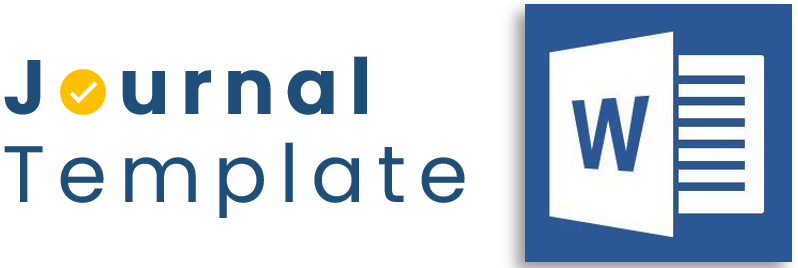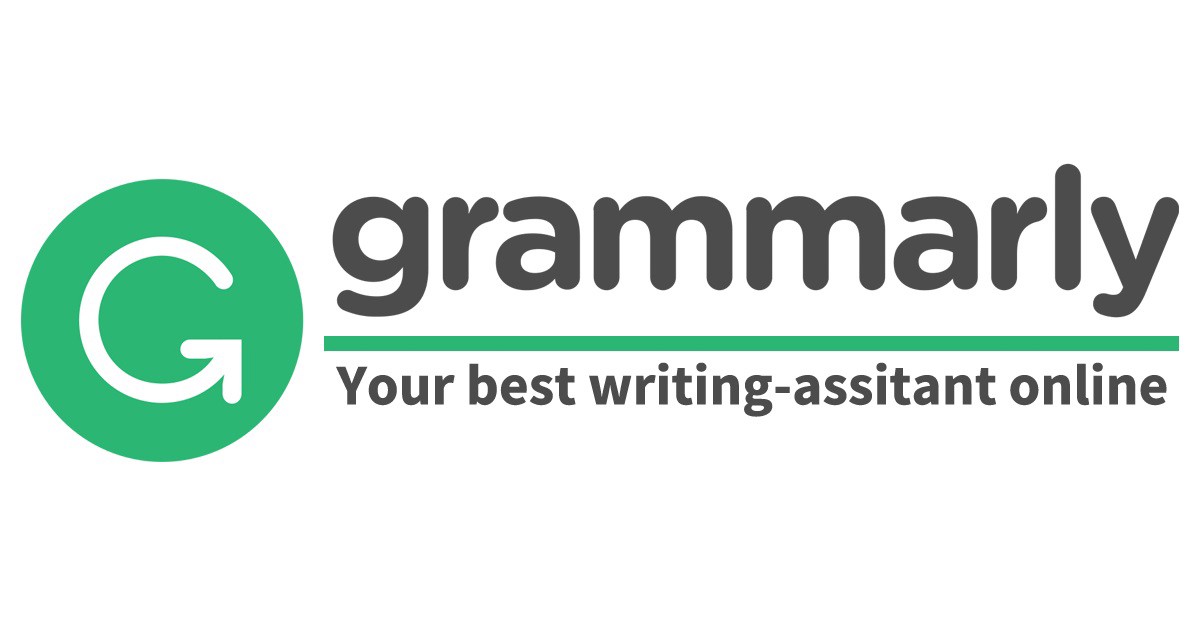THE URGENCY OF GO VIRTUAL AS DIGITAL LITERACY IN LEARNING ENGLISH DURING THE COVID-19 PANDEMIC: THE IMPACT OF THE CONSUMER MEGA SHIFTING
DOI:
https://doi.org/10.22216/curricula.v7i2.1109Keywords:
go virtual, digital literacy, English learningAbstract
Digital literacy is increasingly being encouraged to support education, especially during the Covid 19 pandemic due to Consumer Mega Shifting, especially Go Virtual. This study aims to analyze and evaluate the implementation of Go Virtual as Digital Literacy for English Learning during the Covid-19 Pandemic at two vocational institutes in Bali, namely the Bali Tourism Polytechnic and the International Business and Tourism Institute. The method used was descriptive qualitative where data collection techniques were in the form of questionnaires (76 students) and interviews (4 English lecturers from both universities). Digital literacy creativity in learning English aims to reduce student boredom in receiving online learning and make English learning more interesting and easy to understand, as well as improve thinking skills and
generate interest, creativity, and independence of students. English Lecturers from these two vocational institutes can also implement digital literacy competencies in seven digital literacy competency areas proposed by UNESCO. However, there are indicators of digital literacy competence that cannot be applied optimally, namely in the area of security competence, programming indicators and copyrights and licenses caused of the limited knowledge and expertise of English lecturers in the field of digital devices.
Downloads
Published
How to Cite
Issue
Section
License
Copyright (c) 2022 Luh Eka Susanti

This work is licensed under a Creative Commons Attribution-NonCommercial-ShareAlike 4.0 International License.










